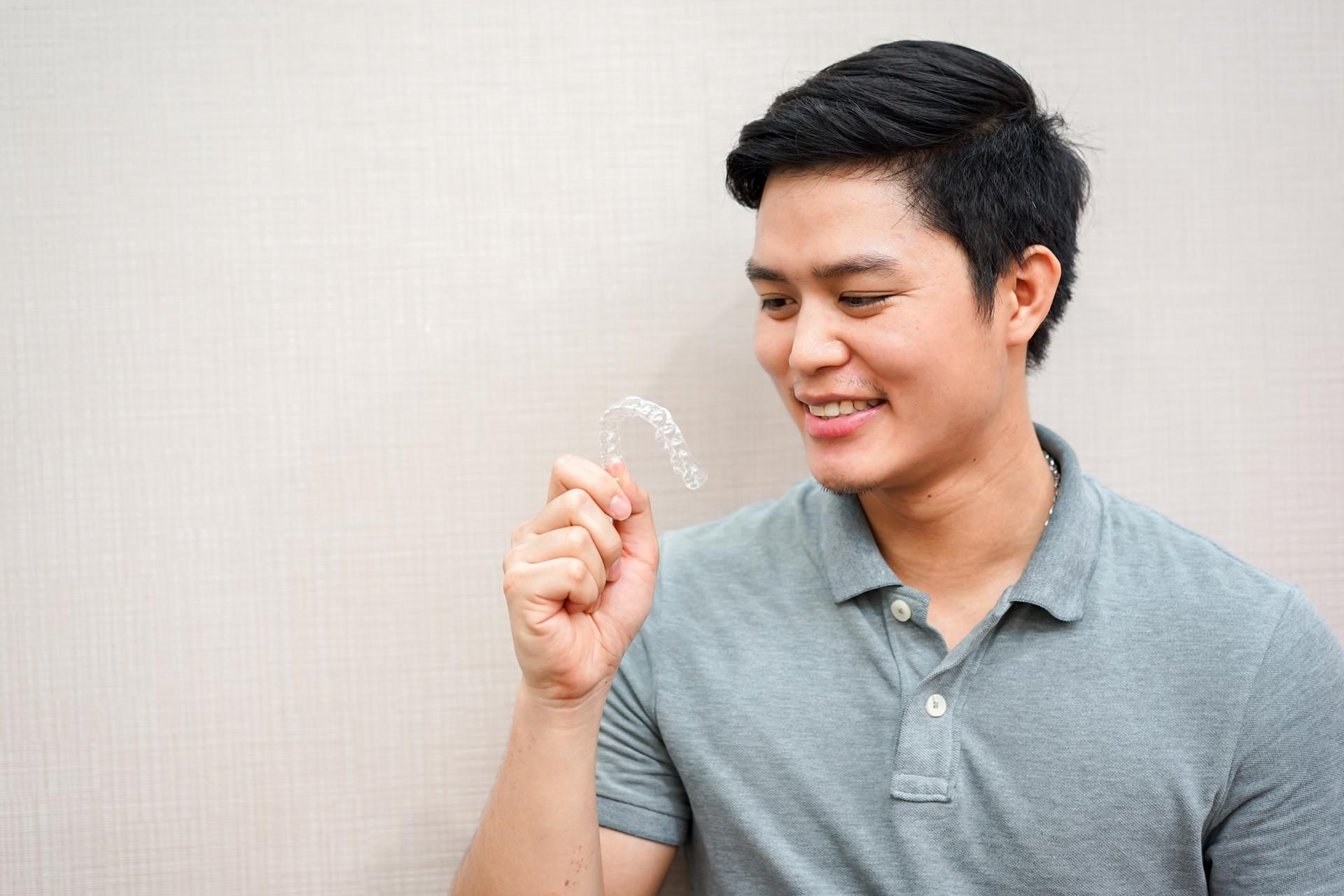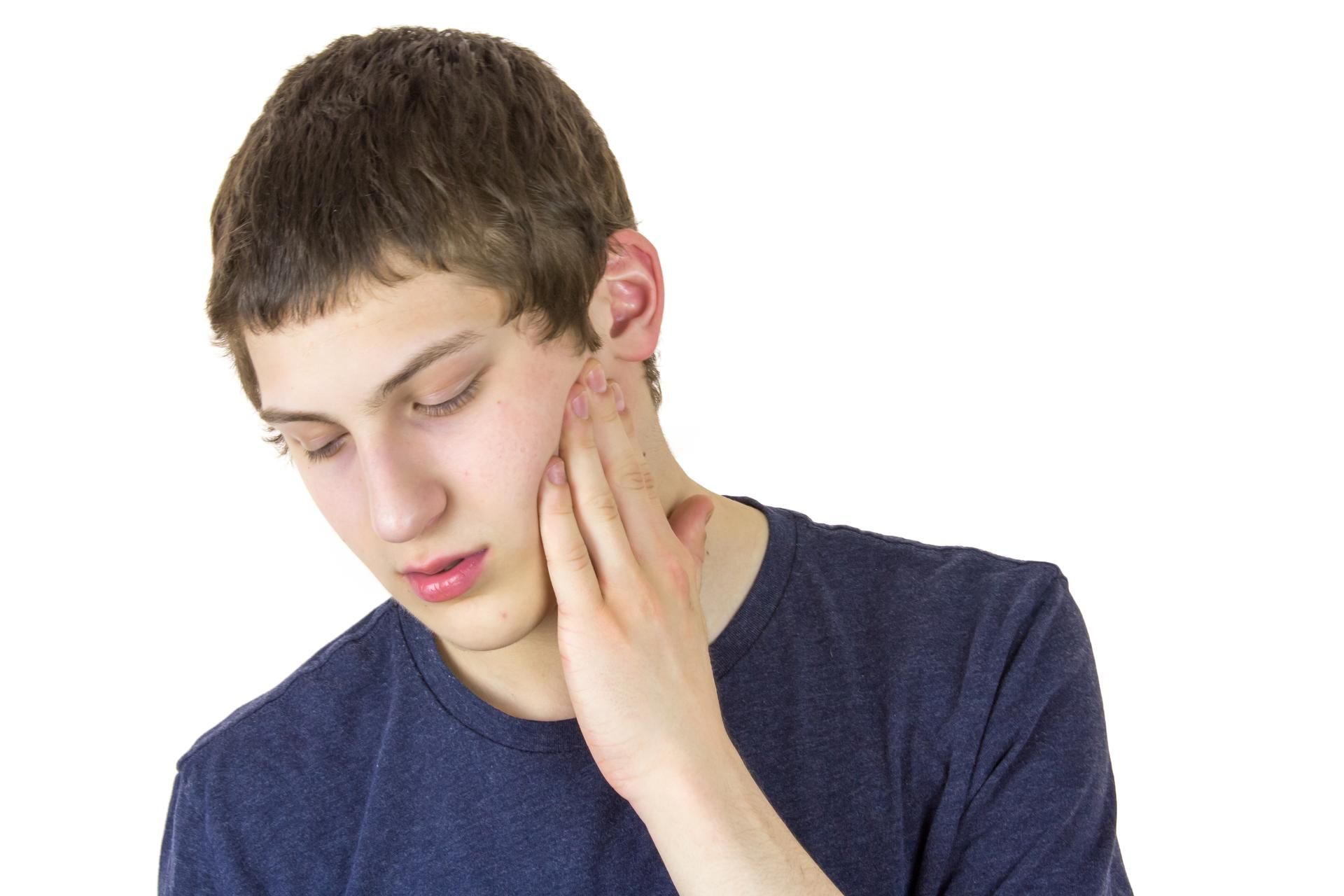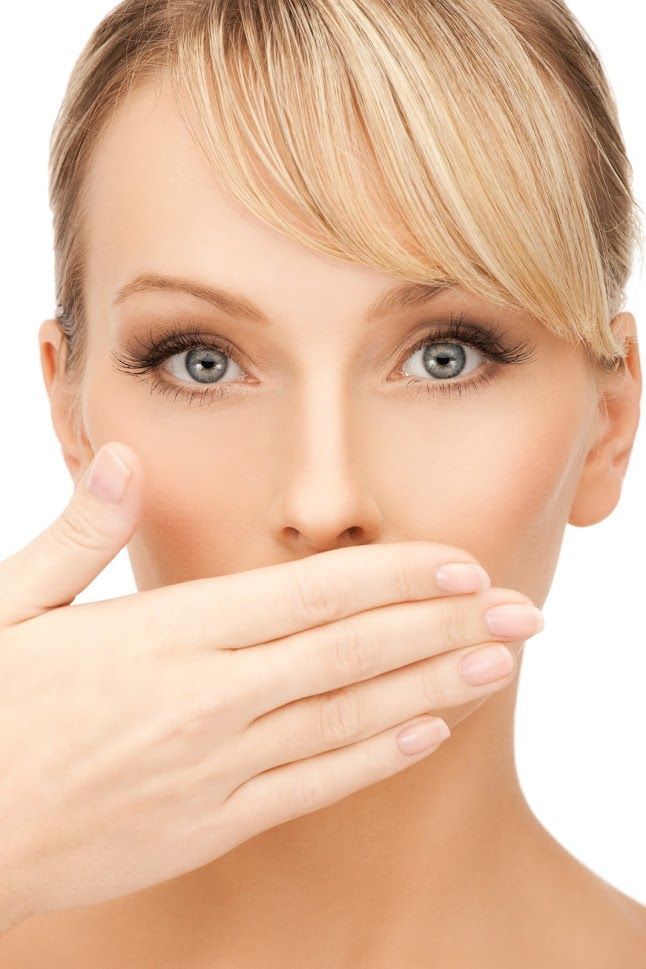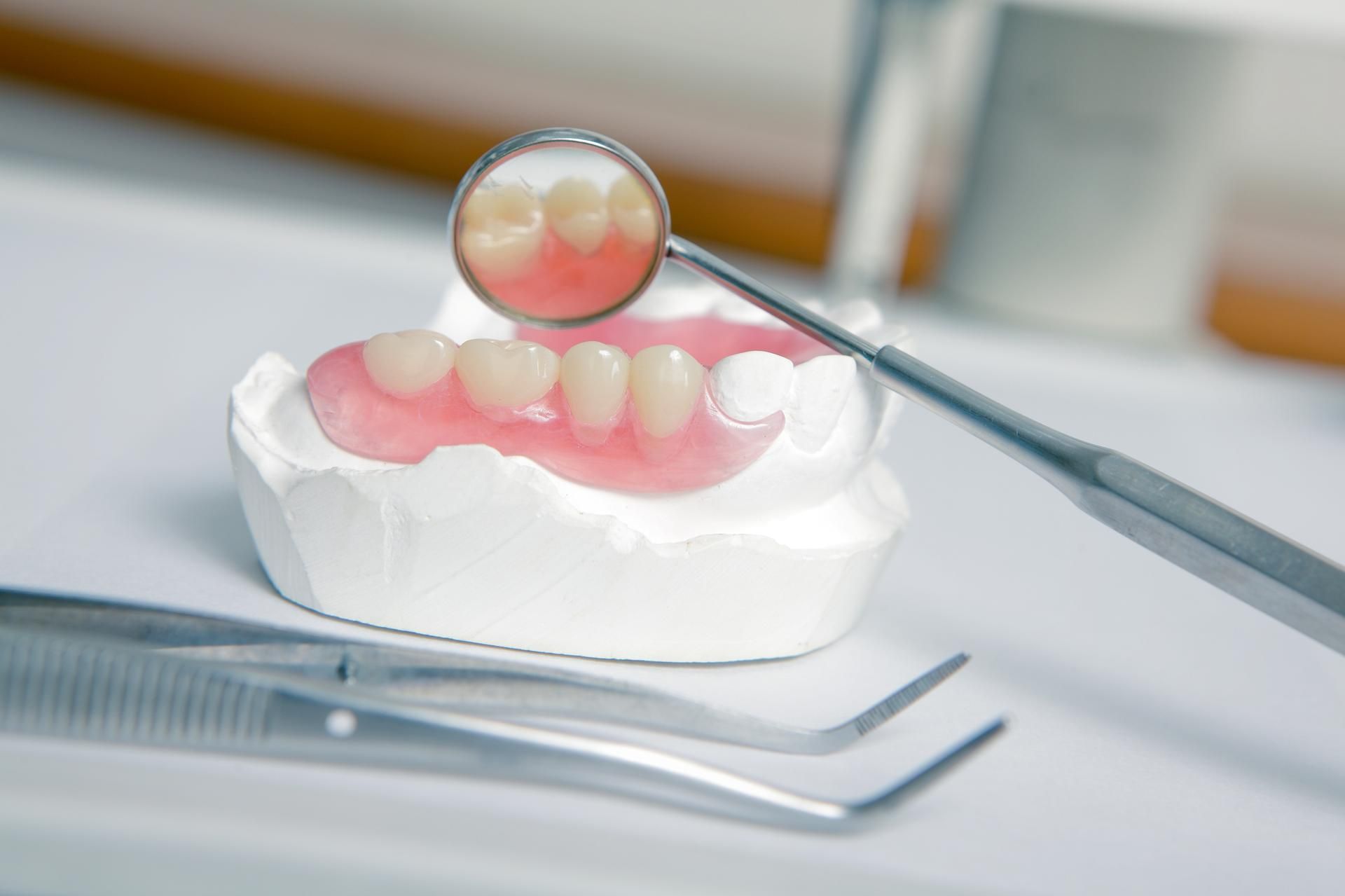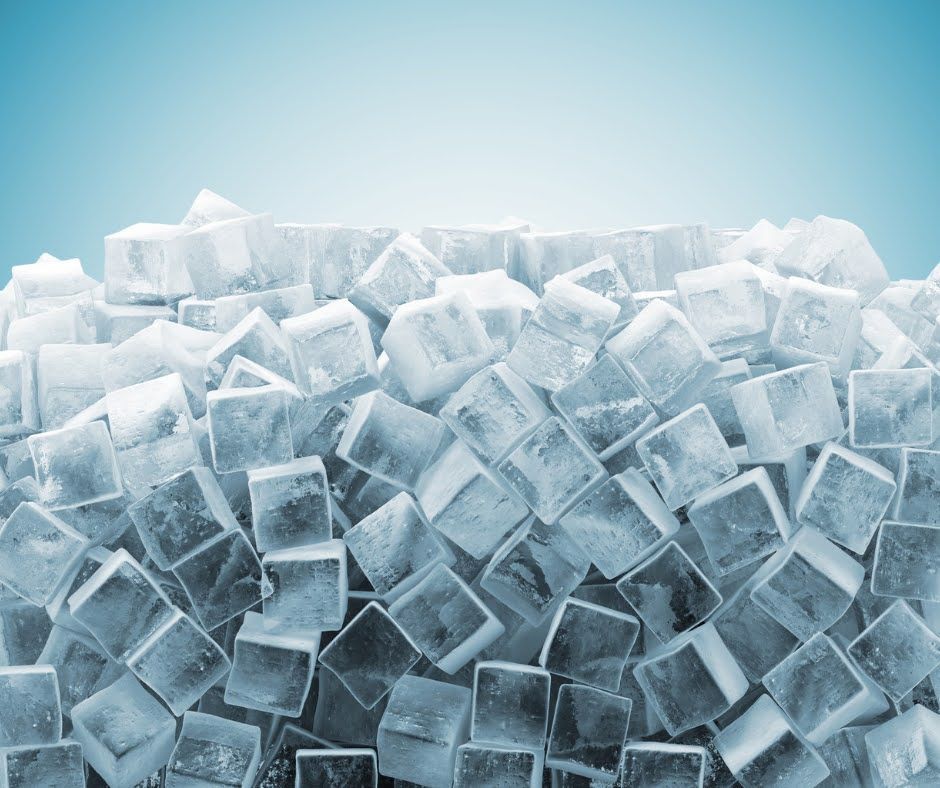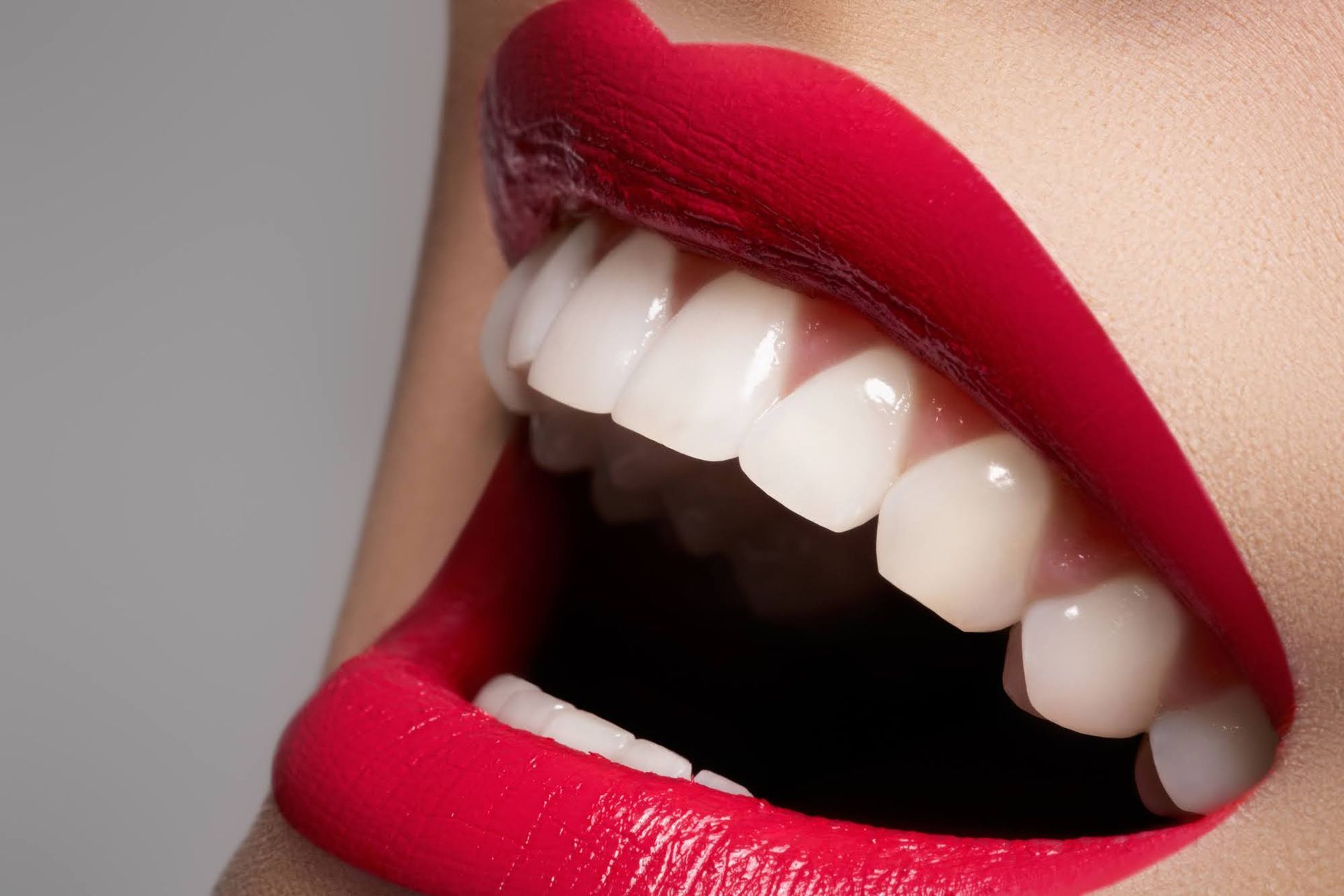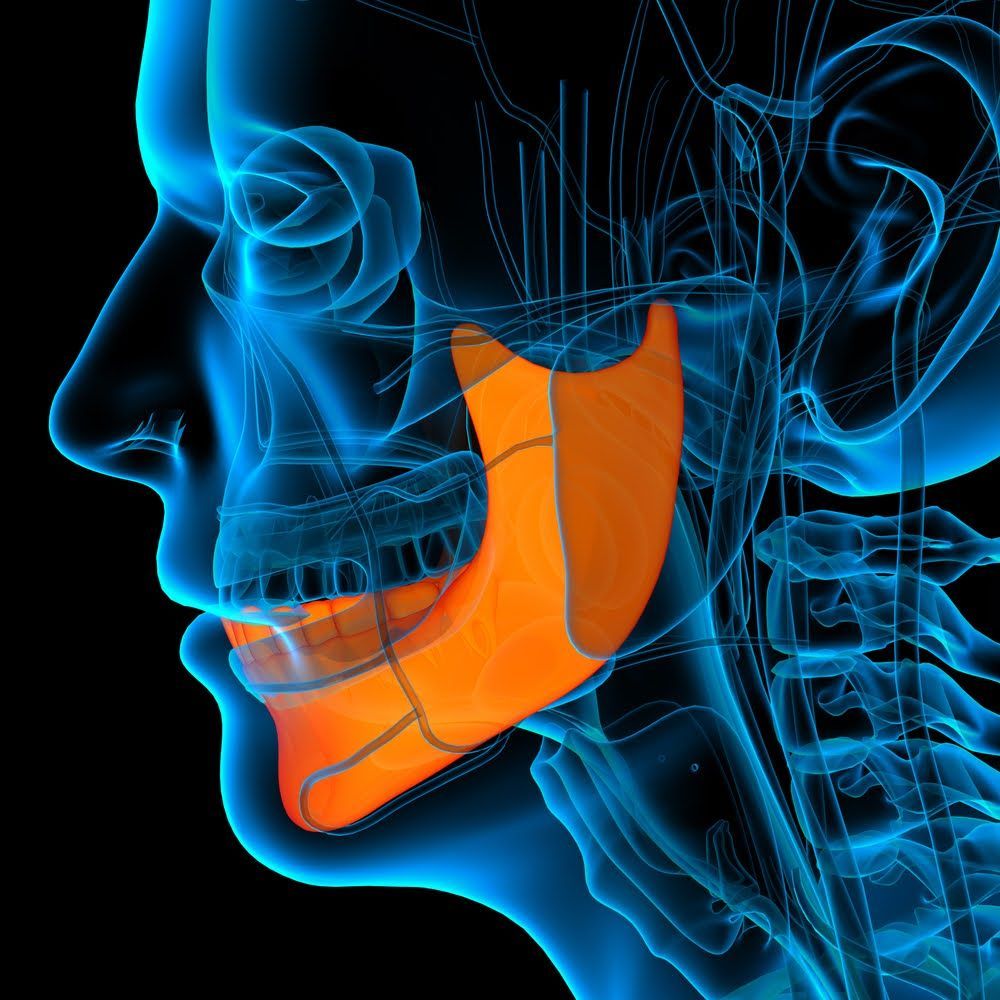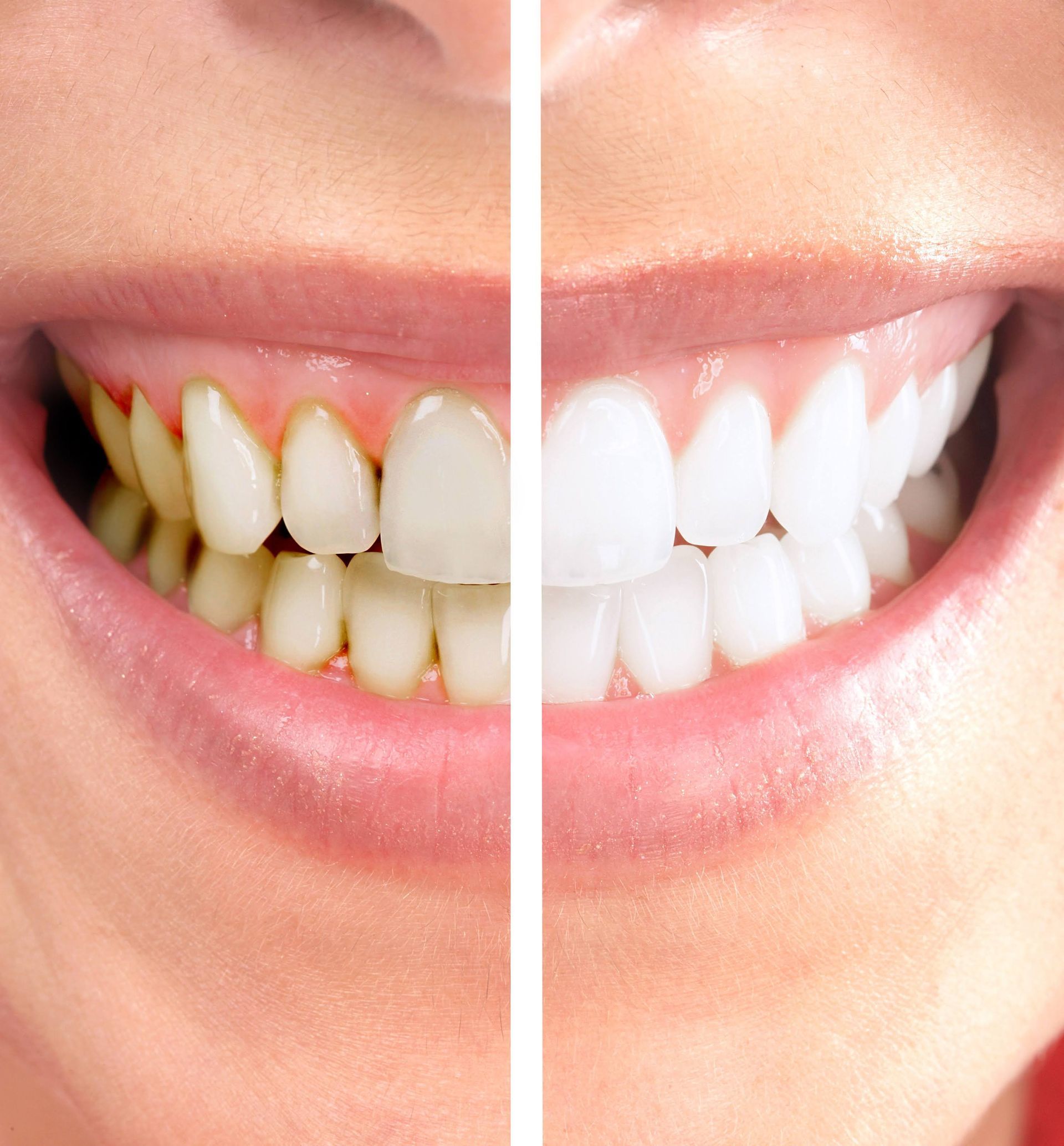Everything You Need to Know About Teeth Grinding
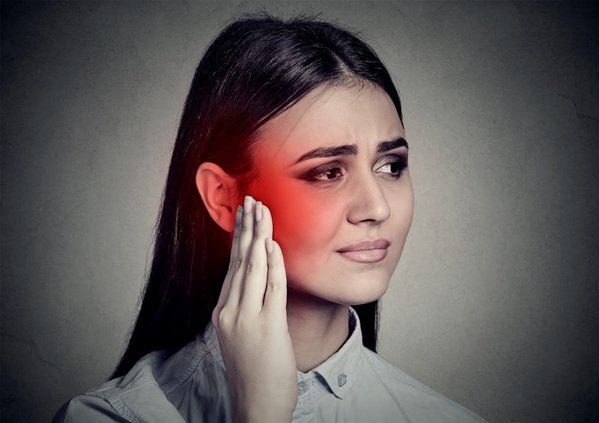
Bruxism or teeth grinding is a condition in which you grind or clench your teeth on a regular basis. While it may just seem like an annoying habit, it can actually affect your oral health and your jaw. If you believe you have bruxism, check out these commonly asked questions to learn more.
What Are Common Causes of Teeth Grinding?
You may grind your teeth for many reasons. Some people who suffer from anxiety or stress may inadvertently grind their teeth while they are awake. Common causes for teeth grinding during the night include a misaligned bite, crooked teeth, and sleep disorders.
You may be at a higher risk of bruxism if you consume a lot of alcohol, tobacco, or caffeine, especially right before bed. Some people who struggle with certain health conditions like dementia, GERD, and epilepsy may also suffer from teeth grinding.
How Can Teeth Grinding Affect Your Oral Health?
When you first start grinding your teeth, you may notice no symptoms, but the longer your teeth are exposed to such strong force on a regular basis, the more problems arise. First, you are at risk of wearing down your enamel as the teeth scratch against each other. This increases your risk of tooth sensitivity and tooth decay. Similarly, the force of tooth hitting tooth can cause chips and cracks, boosting the risk of infection.
The constant grinding also puts stress on your jaw and face muscles, which can cause pain in the joints of your jaw, pain that feels like a toothache, and headaches. In many cases, the muscles and joints in the face and jaw become tight and sore. Last, the pressure on teeth also affects the ligaments that hold teeth in place. If these ligaments become weak from bruxism, the risk of tooth loss increase.
How Do You Know If You Grind Your Teeth?
If you grind your teeth during the day, it's easy to catch yourself if you're being mindful, but most people grind their teeth while they are asleep. If you have a partner, they may be able to tell you if you clench or grind your teeth at night, but otherwise, you may have to follow some clues to determine if you do grind your teeth.
Bruxism can mimic so many other types of pain that it can be difficult to determine if your pain is from tooth grinding or a toothache. When determining if you have bruxism, start by noting when your pain is worse. If you do grind your teeth, the pain should be worse in the morning and get better as the day progresses. However, if it's a toothache, the time of day won't matter.
Next, consider how many symptoms you have. In most case, a toothache isn't going to also cause jaw joint pain, headaches, and earaches, but these are all common symptoms of teeth grinding. Finally, talk with your dentist about your oral health. If your teeth and gums are healthy, but you still feel pain, there is a high chance it's bruxism.
What Are the Treatments for Teeth Grinding?
Treatment varies from person to person. Some people do great with a mouth guard that protects the teeth from each other and provides cushioning. Other treatments include medications for anxiety, muscle relaxants, stress management, behavior changes, and Botox injections.
If your bruxism is caused by an underlying issue, you may need to talk with your doctor. Something as easy as changing medications or starting treatment may help.
Everyone grinds their teeth sometimes, but if you suffer from bruxism, you grind and clench your teeth too much, which can cause a lot of damage and pain. If you would like to learn more, or if you would like to determine if your pain is caused by bruxism, contact us at Koehn Dentistry & Aesthetics.

